Praise for 50 Ways of Saying Fabulous
I loved this funny sad tale of growing up a sissy in New Zealand. Graeme Aitken proves that even the most extraordinary events can occur to wonderfully ordinary people. If I knew fifty ways of saying fabulous, Id use them all to praise this charming first novel. EDMUND WHITE
It has the fast-running clarity of a good yarn, yet this is a fresh telling of the story of a gay awakening. Infinitely real grotesque and funny and moving by turns. PETER WELLS
An entertainment, a gentle, poignant story of a fat boy who fantasises romance and glamour without yet having a name for what he is Aitken writes with a distinctive voice, one that is wonderfully evocative. DENNIS ALTMAN, THE AGE
A wonderful cast of characters, lovingly drawn and lightened with the right dash of maliciousness Aitken manages to make something extraordinary out of the ordinary (and) shows so much skill and gives so much pleasure. CAMPAIGN
50 Ways of Saying Fabulous is an honest, funny and sometimes painful read. Confidently and convincingly written, it is a welcome addition to the gay coming of age genre; the collection of works in which we see ourselves reflected and refracted, and find fifty ways of saying me. MELBOURNE STAR OBSERVER
Its humour will guarantee you stares as you snicker on the train. Aitken understands the hopelessly daggy and uncool nature of the 12-year-old and he reproduces it as if it were yesterday. Popularity and acceptance take a lot of time and pain to procure. I think hell be guaranteed it with this book. NEIL DRINNAN, OUTRAGE
an important work What Aitken has demonstrated fabulously is his skill in the art of telling a good story his honesty and fearlessness in confronting those squirmy adolescent secrets is to be admired. CANBERRA TIMES
one of the very best novels released this year. Witty, warm and original. CLEO
a secret and magic story which is grotesque and infinitely funny a zany book, highly entertaining, and with enough twists and turns to keep you glued to the end 50 Ways is fabulous, whichever way you say it. BARFLY
Touching and sad, 50 Ways of Saying Fabulous also has some very funny moments. THE TIMES
A sort of gay Adrian Mole There are laughs aplenty but also moments of agony Told with bare-faced honesty, it is a warm, cruel, funny tale. THE SUNDAY AGE
A funny but also achingly sad first novel. THE OBSERVER
50 Ways of Saying Fabulous Book 1
20th Anniversary Edition
Graeme Aitken
20Ten Books
Sydney
This edition published in 2015 by 20Ten Books, Sydney, Australia.
This book was first published by Random House Australia in 1995, reprinted 2000 and 2005.
Copyright Graeme Aitken 1995
All rights reserved. No part of this publication may be reproduced, stored in a retrieval system, or transmitted in any form or by any means, electronic, mechanical, photocopying, recording or otherwise, without the prior written permission of the publisher.
This is a work of fiction. The novels characters, incidents and dialogue are the product of the authors imagination and are entirely fictional.
Aitken, Graeme, 1963.
50 ways of saying fabulous book 1.
ISBN 9780987329363
Cover photograph by Craig Wright
To my parents,
Tom and Sue Aitken,
who were nothing like the characters in this novel
Contents
Many people helped me bring this book to publication and I am extremely grateful for their support, advice and expertise.
Thank you to Craig Stevens, Dean Baxter, Rosanna Arciuli, Keith Buss, Laurin McKinnon, Gary Dunne, Jane Palfreyman, Julia Stiles, Rois McCann, Andrew Freeman, Geraldine Cooke, Paul Bailey, Olivier Colette, Mitchell Waters, Peter Wells, Stewart Main, Michele Fantl, Andrew Moors, and Kate Evans.
Thanks also to my design team:
Cover Design Ricafeli Design
Original Photograph Craig Wright
Authors Note about the setting:
This novel is set in Central Otago, New Zealand, an area where I grew up and know very well. However, when this novel was first published, I decided in consultation with my Australian editor to fictionalise some of the place names. This was done out of respect to friends and family who still lived in this district and to lessen the impact of people reading the novel and concluding that the mother character Reebie was based on my mother etc.
So for those readers who know this region and perhaps found this curious, I just wanted to explain why some place names are made up, while others (Dunedin, Palmerston etc) are not.
The fictionalised setting names are as follows:
Mawera the farming community where Billys family lives
Crayburn a small village with a shop and a pub, located some 15 miles from Mawera
Glenora the major town in the district, located some 30 miles from Mawera
Serpentine county the district which encompasses all of these locations
When I was twelve years old, my most precious possession was the tail of a heifer that had died giving birth. My father cut it off and handed it to me when I asked for it, presuming I wanted it as a trophy, pleased that I was finally taking an interest in his cows. Rather, I had recognised a potential in that tail my father would never have dreamt of. I trimmed the dags off, washed, dried, brushed it tirelessly with my own hairbrush and tied the end of it with some red ribbon. After days of top secret preparation, with Babe banned from my bedroom, it was ready. Before going to bed, I announced that there would be a surprise at breakfast the next morning.
Morning came. I could barely dress myself for the excitement. My fingers were trembling. I gave up on the idea of a shirt and pulled on a skivvy instead. I put on my woolly hat (though hats werent allowed indoors) and tucked one end of the tail beneath it. When I made my entrance into the kitchen, the cows tail draped over one shoulder, Babe clapped her hands together in delight. My parents looked up from their porridge. I informed them that they were to call me Judy from now on. Babe applauded even louder. My parents looked bewildered. Babe explained that I was Judy Robinson out of Lost in Space. With that long white ponytail, I was convinced I looked exactly like my favourite television star.
Porridge is on the stove, Judy, was my mothers only comment. She regarded it as yet another of my fantasies. My father tried his best to ignore it. There were no reprimands. Neither of them told me not to wear the cow tail. But they didnt tell me I looked ravishing and just like Judy either. Which I did.
Their lack of enthusiasm prompted me to find an outfit to enhance the resemblance. My mothers lavender bed jacket was the obvious choice. Its clinging fit and shimmering satin made it the most futuristic garment in the house. When I modelled myself for Lou, she insisted I take her black swimming cap. It was far superior to my hat in terms of space age fashion. Studying myself in the mirror, I was impressed by my transformation. I insisted that Lou and Babe play Lost in Space with me in the turnip paddock immediately. The dogs acted as various forms of repulsive alien life to run from screaming.
Being Judy, I got to scream the most.

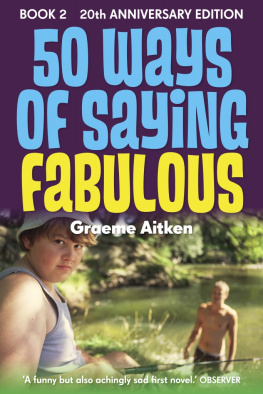
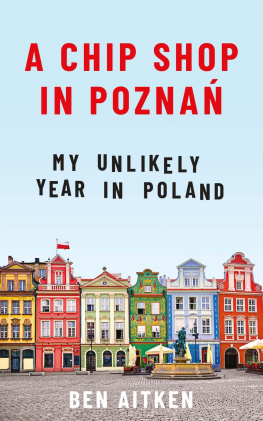
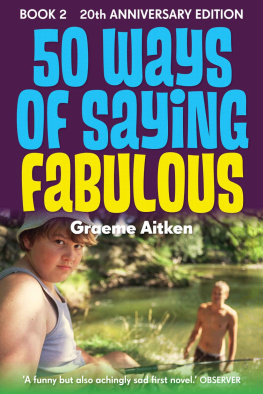

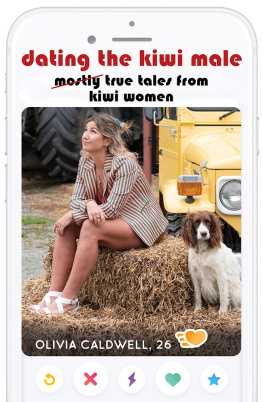
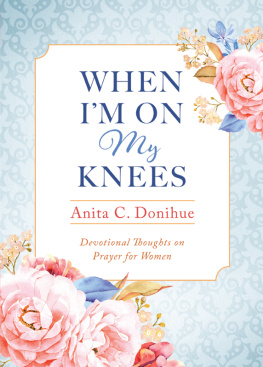
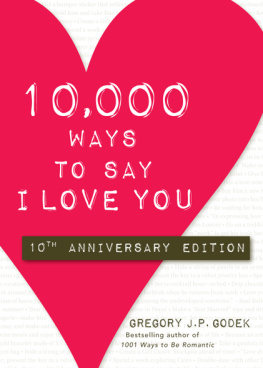
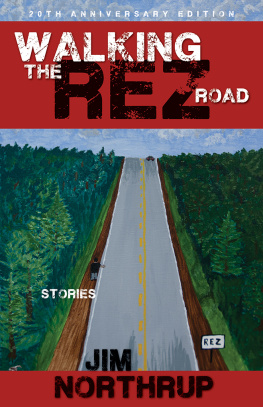
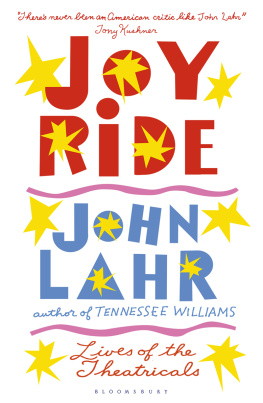
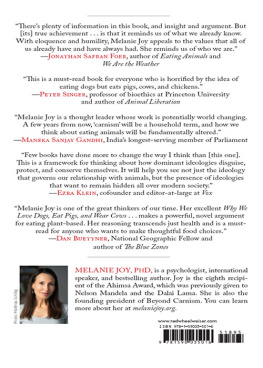

![Ben Aitken [Ben Aitken] - A Chip Shop in PoznaЕ„](/uploads/posts/book/140582/thumbs/ben-aitken-ben-aitken-a-chip-shop-in-poznae.jpg)